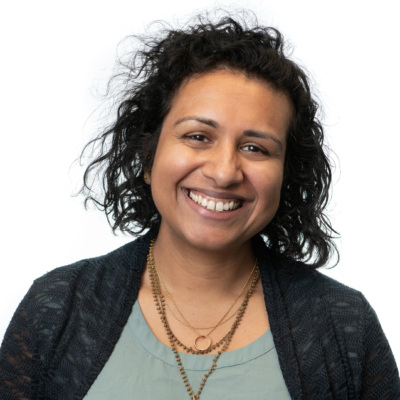The violence against AAPIs signifies that we need to do better
By Isha Weerasinghe
The horrific violence in Atlanta this week on Asian American women is unconscionable, could have been prevented, and reveals gaping holes in how we protect each other as a society. The killings were the latest in a slew of violence perpetrated against Asian Americans and Pacific Islanders (AAPIs), contributing to the rising hate crimes over the last four years fueled by hateful political rhetoric and discriminatory policies from Trump and his administration. The violence against AAPIs stems back to egregious policies in the 1800s like the Chinese Exclusion Act and the Page Act, the latter’s purpose being to prohibit Chinese women from immigrating to this country. Since then, AAPIs have experienced racism, sexism, misogyny, xenophobia, and classism. The murders in Atlanta are an example of what happens when our leaders don’t push back with policies that address such injustices.
As an Asian American who worked in AAPI advocacy for almost a decade prior to coming to CLASP, none of this feels new. We’ve been belittled, pushed aside, and made to feel invisible, all while being gaslit under the pretense of the model minority myth—and then told to move on. I have been in countless discussions where fellow advocates turn a blind eye, or policymakers fail to allocate funding or change policies to benefit AAPIs. This happens because we as AAPIs are made to feel less important, which is one aspect of the violence that is rooted against our communities. Many of us understand that these feelings are not unique to our community, rooted in anti-Blackness and white supremacy, where communities of color end up fighting to push against the inherent thinking that anyone who isn’t white is less worthy of being able to thrive.
To overcome the myth about material success in AAPI communities, our nation—and policymakers—must recognize the diversity of income earned in our communities, and particularly among women. This starts with federal and state efforts to collect disaggregated data by race/ethnicity, with categories similar to the Affordable Care Act’s Section 4302—across income, education, health, environment, public safety, and justice. Advocates must join AAPI organizations like AAPI Data to call out what’s missing and build data infrastructures, perhaps through private-public partnerships. Only with adequate and robust data will we be able to truly advocate for our communities by dispelling the model minority myth and working toward economic justice for AAPIs.
In effort to dismantle systems of racism, we as communities of color have to build cross-racial solidarity to envision and push for safe communities. This involves coalition-building and advocating for comprehensive legislation like the BREATHE Act, along with efforts to support women involved in human trafficking. It also means focusing on community-led solutions and not on law enforcement—which has a history of inflicting violence on AAPIs, most notably against Muslim, Arab, Middle Eastern, and South Asian communities after 9/11.
Alongside real structural changes, we must provide mental and behavioral health services in the language people are comfortable speaking, and with cultural sensitivity/awareness. Stigma and shame around mental health and illness persists through AAPI communities, as does an assumption that many of us can handle mental health concerns on our own. It is up to all of us to destigmatize mental health and increase resources that AAPIs can benefit from. Additionally, we need to bolster health professional pipelines by improving educational pathways and living wages and by creating more expansive loan repayment strategies and Scope of Practice laws allowing reimbursement for paraprofessionals who understand the needs of AAPI communities.
The news from this week and from the past year of violence and hatred against AAPI, Black, Indigenous, and other immigrant communities deeply saddens many of us, as it signifies pain and trauma, while also highlighting the systems we need to enable healing. This hatred and violence is also a painful reminder that society doesn’t value all lives as the same. We have to collectively recognize the great harm this undercurrent creates in AAPI communities, and champion efforts to build cross-racial solidarity and policy infrastructures with our AAPI advocacy partners. Doing so will require people within and outside AAPI communities to speak up, build power, and push against the white supremacy that fuels this violence.
